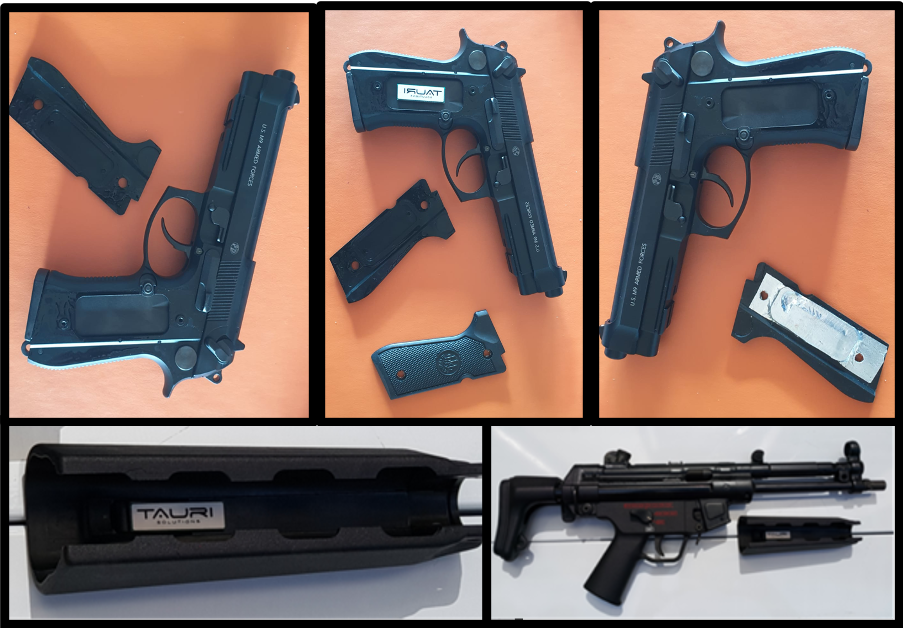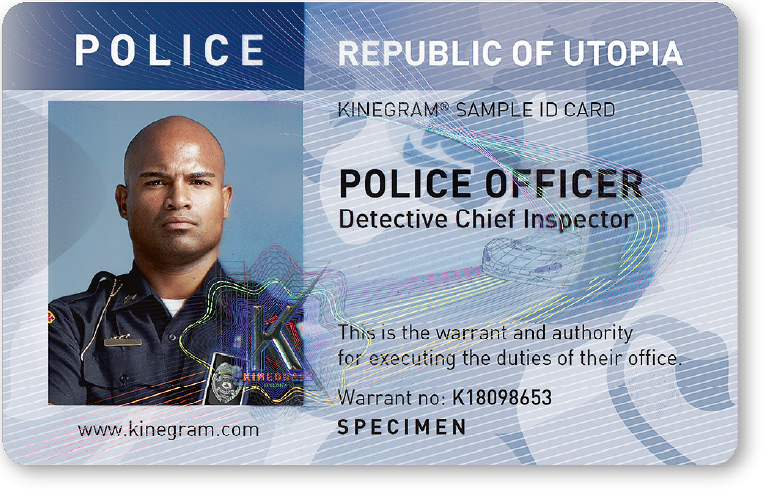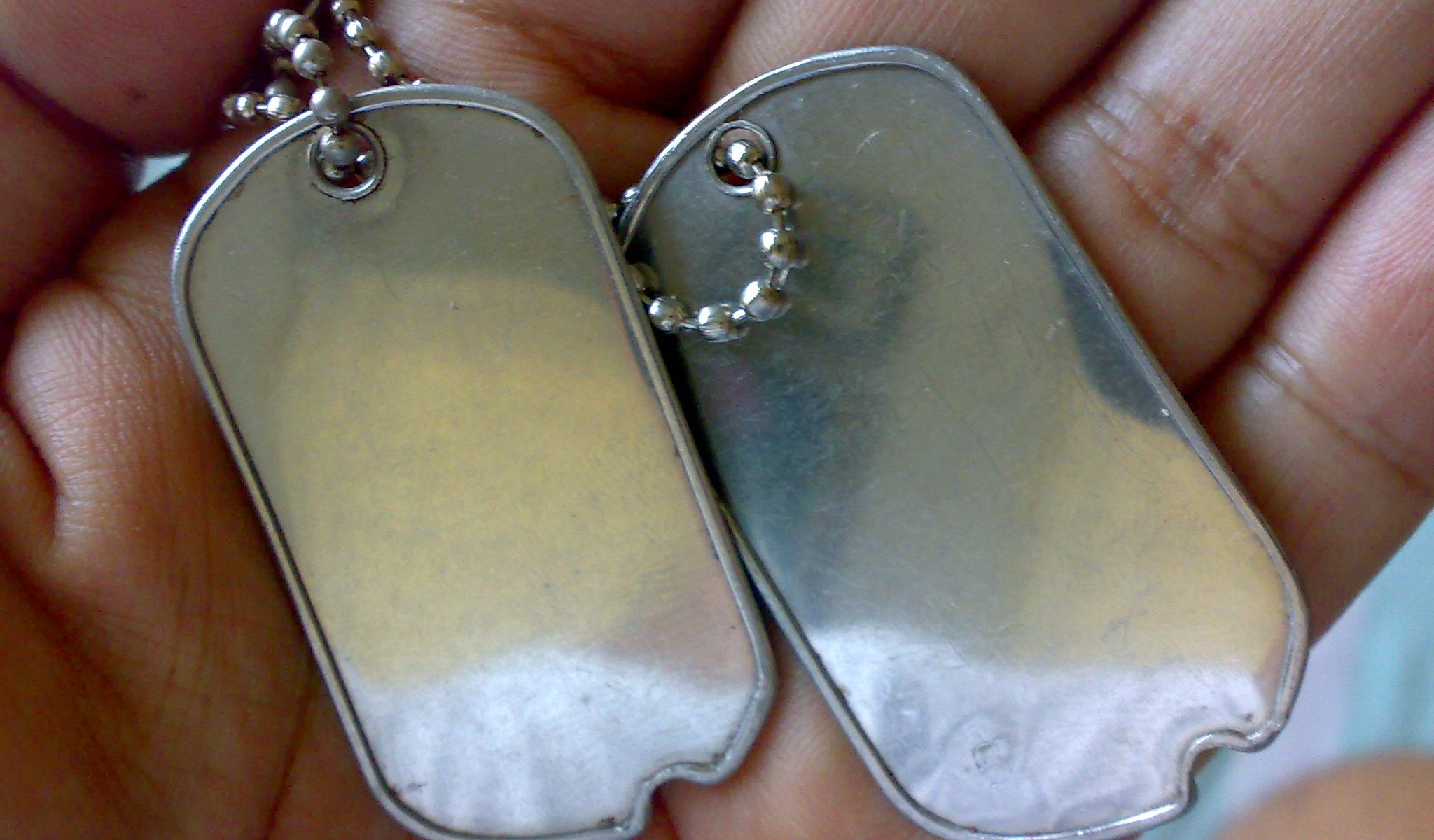Passive RFID
We use varieties of tags depending on the type of weapon or any other assets like containers, timber, cars, or any other element you want to manage in the Chain-of-Custody.
We propose EPC Gen-2 UHF RFID tags that are quality tested tags / chips, resistant to cleaning liquids, vibrations and high temperatures.

ID cards
Deploying ASPIS.SYSTEMS requires for ASPIS.Id HR Management to link assets to people. Typically Law Enforcement agents and Police forces are equipped with badges and IDs to legitimate their interventions when in service. ASPIS.Id recognises these ID and links it to hand-out and reception of weapons and gear.

The war in Iraq has created the first opportunity for the U.S. military to use RFID technology to track combat casualties. An RFID chip sewn into the wristbands of naval personnel is helping to track and identify the wounded arriving for treatment at a field hospital in southern Iraq.
Medical data stored in the radio-frequency identification chips can travel with wounded seamen, and data can be read by RFID-enabled handheld devices to identify each patient. The RFID technology also allows doctors to add, change or create new triage records on the chip, said companies that helped develop the system.
Although its use is currently limited to a medical facility, the U.S. military is reportedly interested in exploring much broader RFID applications, including embedding an RFID chip in soldiers’ dog tags to track individuals on the battlefield; to warn and monitor those going in and out of chemical or biological hot zones; and for munitions tracking and supply chain management.
 Weapons Tracking
Weapons Tracking 
